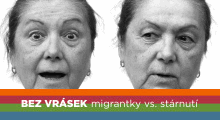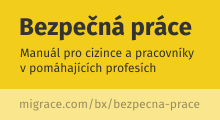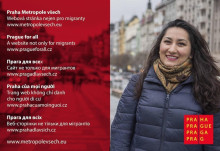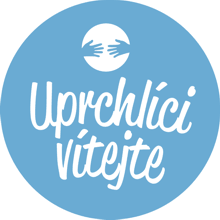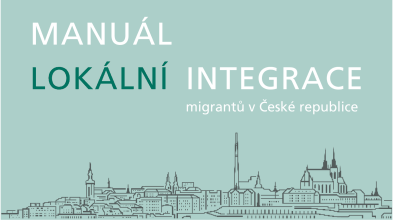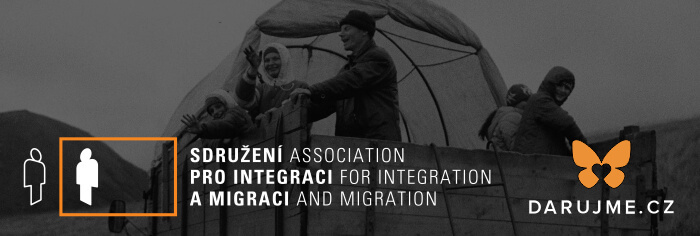Health insurance
Every foreign citizen that wants to reside in the Czech Republic must have health insurance.
The public health system covers:
- Czech citizens residing in the CR
- foreigners with permanent residence in the CR
- foreigners employed by companies based in the CR
- international protection seekers
- refugees or people under additional protection, in some case foreigners with a leave to remain status
A person joins the public health system by filing an application for international protection, by being granted a refugee status or additional protection, by being granted permanent residence in the CR, on the first day of employment at a Czech based company, or by birth – when they are born to a permanent resident. Once you join the system, you can choose your health insurance provider. You will find the contact information for all health insurance providers within the public system here.
The system of complex health insurance includes:
- foreign citizens with a long-term visa or long-term residence permit – unless they are employed by a Czech based employer
- foreign citizens with temporary residence permit for a family member of an EU citizen
The coverage limit is minimum EUR 60,000. This insurance must be purchased for the entire period of stay and must be contracted with a provider specifically certified to provide such insurance on the CR territory. In situations when an application for a stay is filed from abroad, it is possible to contract insurance through an insurance provider operating in other member states of the EU or the EEC or in the country of the applicant’s citizenship or lawful residence.
The complex health care includes care given to the insured by in-network health care facilities of the insurer, without a copayment or any direct financial participation from the insured, connected with the cost of preserving his health condition prior to contracting the insurance. Such insurance must exclude neither preventive and dispensary medical care nor medical care connected to pregnancy of an insured mother and the birth of her child. Conditions of payment for medical services and conditions of exclusion are subject to individual agreement – be careful reading the terms and conditions when you are signing the contract.
Any health insurance provider has the right to refuse health insurance.
A complex health insurance plan can be contracted with the following providers:
More information HERE



